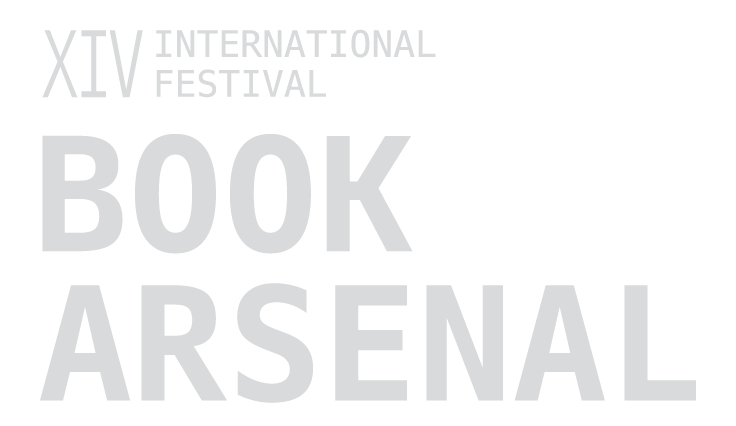On September 4, the CELA project’s third edition opening event was held online through Zoom with the CELA partners’ staff, mentors, literary consultants, and invited guest speaker Oksana Zabuzhko.
Connecting Emerging Literary Artists (CELA) is an international talent development project co-funded by the Creative Europe Programme of the EU. It is a 4-year project that connects emerging translators from 11 European countries (10 languages) with emerging writers through masterclasses, sample translations, mentorship, presentations and live meetings. Book Arsenal became a participant of the CELA project for the first time in 2024.
The Ukrainian writer Oksana Zabuzhko was invited to present a lecture during CELA opening event on the status quo of European literature, the relevance of translation and it’s impact in current times.
Some quotes and questions from the Oksana Zabuzhko’s lecture:
Literature is a kind of thermometer that shows the change in the temperature long before the disease starts. Literature already shows signs that there are some issues with our values. <…> Now its up to you, the future of Europe is in your hands. You are the blood vessels of Europe; you make Europe whole, and you keep it whole. Without this wholeness, we end up with replacing values and knowledge. Keeping it alive is your translator’s mission! Good luck!
Connecting Emerging Literary Artists (CELA) is networking of emerging literary artists, an international talent development project co-funded by the EU programme Creative Europe. CELA involves young writers and translators from 11 European countries in cooperation through mentoring, masterclasses and meetings. The project aims at providing literary artists, representatives of small languages, with equal conditions to build an international career, to reach an international audience and to develop professional skills. The project is designed for four years and is taking place for the third time.
The CELA project is funded by the European Union. The views and opinions expressed are solely those of the author(s) and do not necessarily reflect the views of the European Union or the European Education and Culture Executive Agency. Neither the European Union nor the funding body can be held responsible for them.

